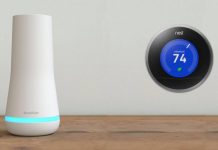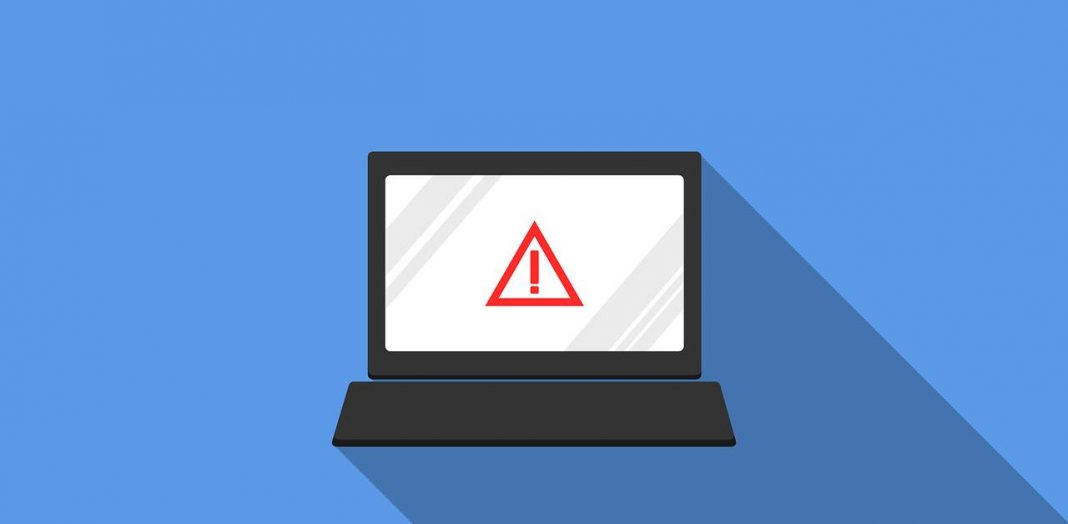UPDATED February 10, 2022 This piece has been updated to reflect the emergence of new technology


Christian Mathews Security Writer
Computer viruses are part and parcel of digital life, whether they come from USB devices or spam emails. Along with knowing about computer viruses, you may wonder how do you stop spam emails. Like a flu virus, it makes a human malfunction and feel down, this is what a computer virus does to a computer. Here is everything about how does a computer virus work.
5. How Do You Know If Your Computer Has A Virus?
First things first, it is essential to know how to detect a computer virus. How would you know if your computer has a virus? Get extra cautious when your computer starts behaving weirdly. To throw more light on this, here are some sure signs of detecting a computer virus.
Slowing Down
A computer starting to work slow and taking longer to perform routine functions is one of the few signs that a computer may have a virus.
Rule out the causes of slowing down of a computer like lack of memory space like RAM space or hard disk. If no reason seems fit, the probable reason for slow computer performance could be a virus.
Too Many Popups
Popups that show onscreen ads are one of the prime reasons for a computer getting a virus. Typical pop ups that say ‘a virus is detected’ are the ones to stay away from.
Prevent yourself from clicking any of such popups. Most popups contain malware that could get downloaded to your system with a single click.
Missing Files
If you find some of your files missing or misplaced, this is another potential malware act. The malware even tends to encrypt your files, so you can’t open them.
Hyperactive Hard Disk
Your computer may have a virus when your hard disk frequently spins too much, creating a lot of noise even when your system is idle and is not overloaded.
An excessively active hard disk is a sign that your system has been raided by something unknown.
Frequent Crashes And Errors
If your computer screen is flooded with error messages one after another, shuts down automatically, or tends to freeze, some weird behavior also could be a work of a computer virus.
4. How Does A Computer Virus Work?
There are multiple ways through which a computer can get a virus. Mostly this involves downloading infected files either non-deliberately or deliberately. Such infected files could be pirated music videos or movies, free games, free songs and photos, and more.
A computer may also get a virus from phishing, i.e., downloading attachments from spam emails. Some viruses also get downloaded on visiting a malicious website, link, or clicking on malicious ads. Another most common way of infecting your computer with a virus is connecting a virus-infected USB drive into your system.
3. How Does A Virus Propagate From One Computer To Another?
Knowing how does a computer virus work is one thing. A computer virus is contagious, the same as a flu virus. A system that comes in contact with an infected system (a computer that already has a virus) also becomes infected.
A virus works as an application. As an application can be transferred from one computer to another, so can a virus. During the pre-internet days, a virus usually makes way from one computer to another through floppy disks.
Nowadays, viruses are propagated with the use of the internet. When an application infected by a virus is transferred from one computer to another, the other computer also falls prey to it. That’s why it’s important to know what do firewalls do and how do they work.
2. How To Remove A Virus From Your Computer?
You can remove a virus from your computer with or without the use of antivirus.
Here are some of the ways you can do so without using antivirus.
Method 1: Using Task Manager
Here are the steps to follow:
- Simultaneously press Ctrl + Alt + Del to open Task Manager.
- You will see various running processes in the Processes Tab. Check for any unknown and unfamiliar running process. Search online with the name of the process to know.
- If you find any virus-related background process running, select it and click on ‘End Task’ to remove it.
Method 2: Disable from Startup tab
In the same task manager window, you can also see a Startup tab.
- Go to the Startup tab in the Task Manager window.
- Select all programs that are unknown and click on ‘Disable’ to get rid of them.
Method 3: Turn on Windows Defender Firewall
This step is useful before your computer is infected with a virus i.e. it prevents the computer from getting a virus.
- For this follow, Control Panel> Windows Defender Firewall> Turn it on
Method 4: Scan For Viruses And Remove Them
To do this,
- Open Settings. Scroll down to click on “update and security.”
- Click on Windows Security from the left-hand menu. Click on ‘Virus & threat protection’ under the Protection area to run a quick scan.
If viruses are detected, run Windows Defender to remove them and restart your computer after that.
This was all about removing the virus from a Windows computer. There are different ways you can keep your Mac protected from viruses, too, though it’s believed Mac doesn’t usually fall prey to viruses easily.
1. How To Keep Your Computer Safe From Viruses?
Knowing how does a computer virus work, is great. Here are some of the ways in which you can keep your computer safe from viruses in the future.
- Make sure to install a good antivirus solution software into your system for the best protection
- Do proper research of apps and software before downloading them to your system. Read the developer descriptions and user reviews for honest opinions.
- Download and install software and applications from trusted sites
- Refrain yourself from clicking on suspicious links, attachments on unverified emails, or visiting unfamiliar and insecure websites
- Always keep your apps, software, and operating system of your computer updated
- Be careful when using public wi-fi. Make use of a safe VPN connection while doing so
- Do not connect unknown USB sticks and disks into your computer system
- Make sure to regularly back up sensitive documents to an external hard drive for safe keeping.
Staying extra possessive about your computer and not doing things in a jiffy can keep your computer safe from viruses at all times.


















































